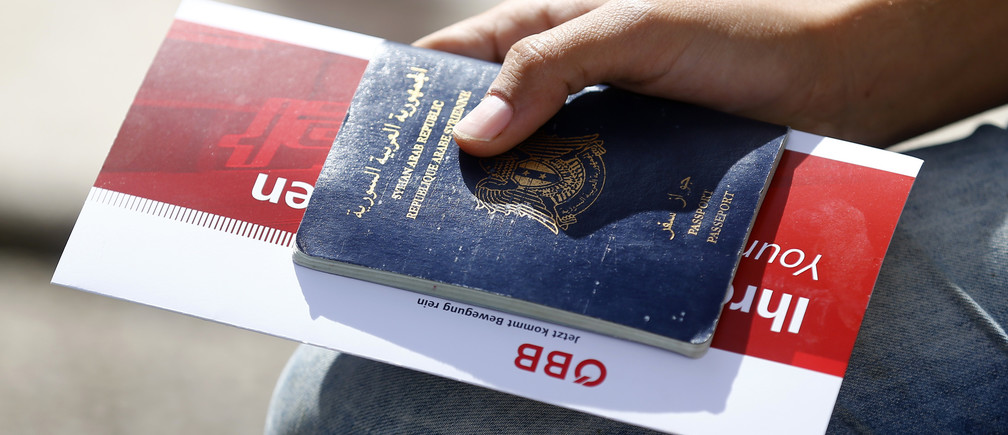The Nobel Prize in Economic Sciences, 2021
Review
Aditya Verma

This year, the Sveriges Riksbank Prize in Economic Sciences, awarded in memory of Alfred Nobel, recognized contributions to labour economics and the understanding of cause-effect relationships through natural experiments.
Tweet
On 11 October 2021, an official press release issued by the Royal Swedish Academy of Sciences disclosed the names of those who will receive the Sveriges Riksbank Prize in Economic Sciences in Alfred Nobel's honour. One half was awarded to David Card (Univ. of California, US) “for his empirical contributions to labor economics'' while the other half jointly to Joshua D. Angrist (MIT, Cambridge, US) & Guido W. Imbens (Stanford Univ., US) “for their methodological contributions to the analysis of causal relationships”. This year’s laureates have shown how natural experiments can help us understand the conclusions about cause and effect. This new interdisciplinary insight and approach have revolutionized empirical research. They received a prize amount of 10 million Swedish Kronor (or approx. 8.7 crore INR), with one half to David Card and the other half equally distributed between Joshua Angrist and Guido Imbens.
The concept of ‘cause and effect’ has a critical role in answering some of the biggest questions in the social sciences. For example: How does immigration influence earnings and employment levels? What is the impact of long-term education on a person's future income?
The uncertainty of completion of one’s education and more or less immigration often make the problem more difficult because we’ve almost negligible examples for such comparisons. However, David Card (born 1956 in Guelph, Canada), Joshua D. Angrist (born 1960 in Columbus, Ohio, USA), and Guido W. Imbens (born 1963 in the Netherlands) have shown the possibility of answering such complex questions with the help of “Natural Experiments”. Similar to clinical trials, the situation is used where chance events or policy changes affect a group of people.
David Card analyzed the labor market for effects of education, immigration, and minimum wages, by using natural experiments. His research in the early 1990s challenged traditional thought, leading to new analyses and further insights. Consequence showed that among other things, enhancing the minimum wage doesn’t inevitably lead to fewer jobs. The income of people who immigrated at an earlier time risk being negatively affected while fresh immigration can boost the income of those who were born in a country. Card’s work led to significant insights, like the realization of the importance of resources in schools so that the success of its students in the future labour market can be ensured. Data obtained from natural experiments are quite complicated to interpret. For example, an extension of compulsory education by group A for a year won’t affect everyone in that same group. Some students would have kept studying anyway and the value of education (as perceived by them) is often not representative of the whole group. So, it’s hard to draw any conclusion about the impact of an extra year in school. Joshua Angrist and Guido Imbens succeeded to solve this complex methodological problem, by demonstrating how precise conclusions about cause and effect can be drawn from natural experiments, during the mid-1990s.
“Card’s studies of core questions for society and Angrist and Imbens’ methodological contributions have shown that natural experiments are a rich source of knowledge. Their research has substantially improved our ability to answer key causal questions, which has been of great benefit to society,” says Peter Fredriksson, chair of the Economic Sciences Prize Committee.
In 1968, Sveriges Riksbank (Sweden’s central bank) instituted “The Sveriges Riksbank Prize in Economic Sciences in Memory of Alfred Nobel”, and it has since been awarded by the Royal Swedish Academy of Sciences according to the same principles as for the Nobel Prizes that have been awarded since 1901.
Indian Nobel Laureates in Economics:
Abhijit Banerjee: Born on 21 Feb 1961 in Calcutta, India- Award year: 2019- “For their experimental approach to alleviating global poverty”.
An India-born naturalized American economist who is currently the Ford Foundation International Professor of Economics at MIT, USA. Banerjee shared the Nobel in 2019 with his wife Esther Duflo (French-American economist) currently Professor of Poverty Alleviation and Development Economics at MIT, USA and, Michael Kremer (American development economist) “for their experimental approach to alleviating global poverty”.
Amartya Sen: Born on 3rd Nov. 1933 in Shanti Niketan, West Bengal. Award year: 1998- “For his contributions to welfare economics”: An Indian economist and philosopher, who since 1972 has taught and worked in the United Kingdom and the USA. He’s currently a Thomas W. Lamont University Professor, and Prof. of Economics and Philosophy at Harvard University.
Women Nobel Laureates in Economics:
Elinor Ostrom (USA): In 2009 for her analysis of economic governance, especially the commons. Shared with Oliver E. Williamson (USA).
Esther Duflo (French-American): In 2019 for their experimental approach to alleviating global poverty. Shared with her husband Abhijit Banerjee (Indo-American) and Michael Kremer (USA).
References
Aditya Verma is an Integrated PhD student in the Department of Earth Sciences, currently in his second year.
signup with your email to get the latest articles instantly